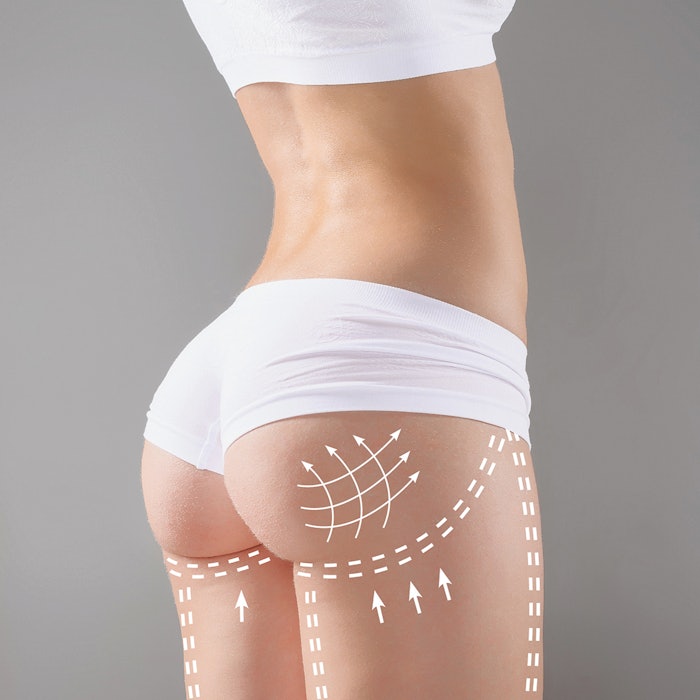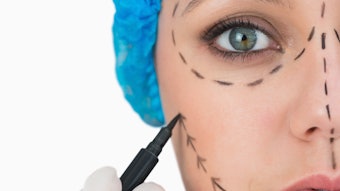
In MedEsthetics’ November/December issue, we detailed Florida’s House Bill 1471, which requires surgeons to get specific education and training on Brazilian Butt Lifts (BBLs) and use ultrasound guidance during BBL procedures. In the finale of our two-part series, we explore the ethical nature of the bill and why it does not infringe on a physician’s right to practice.
The law has been praised by industry experts for its increased awareness of the safest ways to perform what is considered one of the most dangerous cosmetic surgeries. One consideration, however, is whether lawmakers are ethically qualified to exercise mandates on board-certified physicians.
Read Part 1 of This Series: Florida’s Plastic Surgery Bill is a Game Changer for BBLs
Alex Sobel, D.O., FAACS, president of the American Academy of Cosmetic Surgery, believes the bill actually protects a physician’s right to practice because the bill is directly connected to education and training.
“Anybody in any trade deserves the right to commercial free speech and the enjoyment of the practice of their trade,” Sobel said. “What is wonderful about (House Bill 1471) is that anyone who has the appropriate education, training and experience can do this procedure. That makes a lot of sense to me.”
Another element pointed out by Sobel is the perception of being board-certified. In his view, the term has incorrectly been considered the standard bearer of competency for modern medicine in the United States for almost a century.
“That certification doesn’t certify competency,” Sobel said. “If you're a board-certified cosmetic surgeon, you know how to do cosmetic surgery, but that doesn't mean that you’re competent in BBL if you haven't trained specifically in BBL. You might have answered the test questions right, but you're not safe to treat that patient.”
S. Alexander Earle, M.D., double board-certified plastic surgeon and founder of Pure Plastic Surgery in Miami, has been using ultrasound technology in BBL procedures since 2019. He also supports the ethical nature of the new bill, claiming the Florida mandate was a necessity.
“It would have been ideal for the surgical industry to have self-regulated years ago when the mortality rate for BBLs continued to increase, and for doctors to have taken honest assessments of their surgical abilities and patient requirements regarding the BBL procedure,” Earle said. “What we have now is years of BBL poor outcomes in certain centers going unchecked and the state telling doctors the time allotted to fix it ourselves is up.”
Dr. Earle is currently the president of the World Association of Gluteal Surgeons (WAGS), which offers training and certain requirements to receive a “WAGS Seal of Safety for Ultrasound Guided Gluteal Fat Transfer” (UGGFT).
The certification requires applicants review BBL articles and pass an online written exam, take a WAGS Safe UGGFT video course, attend a WAGST Live Safe UGGFT workshop at an approved training center and submit a video of themselves performing a safe UGGFT procedure as taught in the course. This certification is one way a surgeon can reassure patients they are competent and experienced with BBLs.
Overall, Florida’s House Bill 1471 is another positive step in medical aesthetics towards increased patient safety with the best interests of both doctors and patients in mind.
“The BBL procedure is considered the most dangerous plastic surgery procedure in the world, and it doesn’t have to be with transparency, proper technology and training,” Dr. Earle said. “I have performed nearly 2,000 ultrasound guided BBLs with very low complications rates and no mortality. It is a procedure that can be very safe in the right hands when combining ultrasound imaging technology with experience.”












